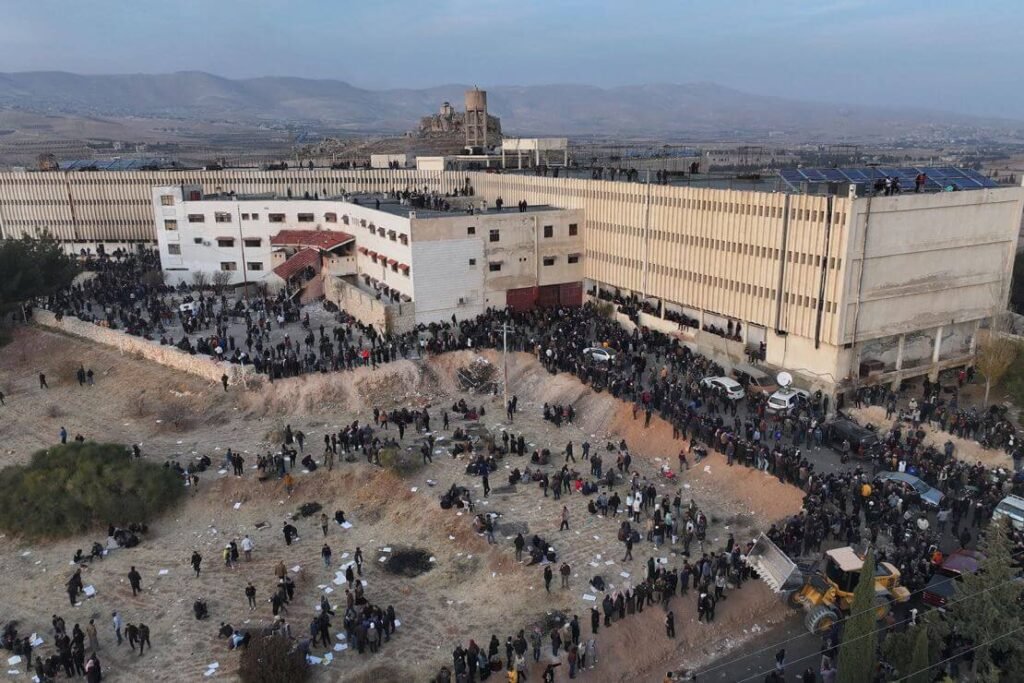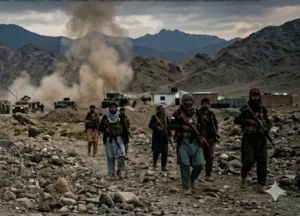When Bashar-al-Assad’s regime fell, Syrian rebel leader Ahmed al-Sharaa, also known as Abu Mohammed al-Jolani, promised to shut down Assad’s torture prisons. The rebel forces freed thousands of detainees from Saydnaya prison, which was infamous for its harsh conditions and named by the right group as a “human slaughterhouse.”
Jolani’s group, Hayat Tahrir al-Sham (HTS), led the invasion that overthrew Assad and put an end to his family’s 54-year rule. Around 60,000 people died in Assad’s prisons due to torture, according to the Syrian Observatory for Human Rights.
Jolani declared that his group would hunt those involved in the atrocities, rejecting pardons for perpetrators. “We will pursue them in Syria, and we ask countries to hand over those who fled so we can achieve justice,” he said.
Since Assad escaped to Russia with his family, Syrians have rushed to the infamous prisons in hopes of finding their missing relatives. Many families remain haunted by the horrors of the detainees from Saydnaya prison, which turned into a death camp during the 2011 civil war, according to the Turkey-based Association of Detainees and The Missing in Saydnaya Prison (ADMSP).
In response to concerns about chemical weapons, Jolani confirmed collaboration with international organizations to secure sensitive sites. His assurance came amidst heightened Israeli airstrikes targeting Syrian military infrastructure and an alleged chemical weapon facility.
While applauding Jolani’s pledge, Deputy Pentagon Press Secretary Sabrina Singh focused on the urgency of taking steps to protect chemical weapons. “Our focus is that these chemical weapons do not fall into the wrong hands,” she said.
Israel defended its airstrikes, referring to them as efforts to block arms from reaching extremist groups. The G7 leader planned a virtual discussion on Syria’s future while European foreign ministers met in Berlin to discuss the matter. The international community is still watching the unstable transition in Syria.









